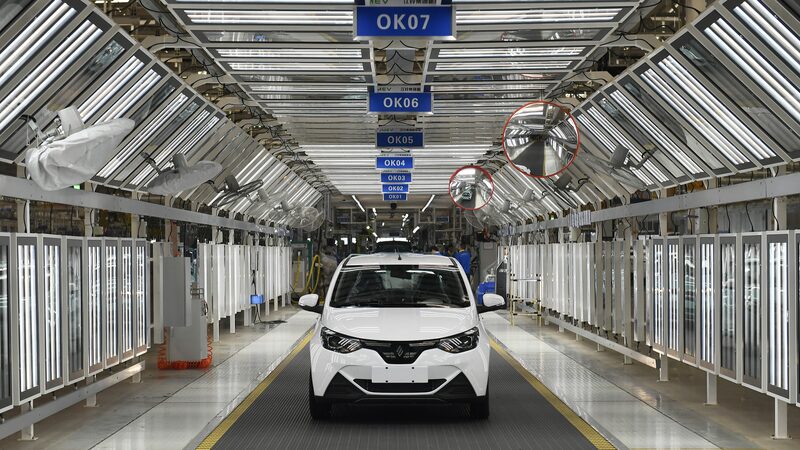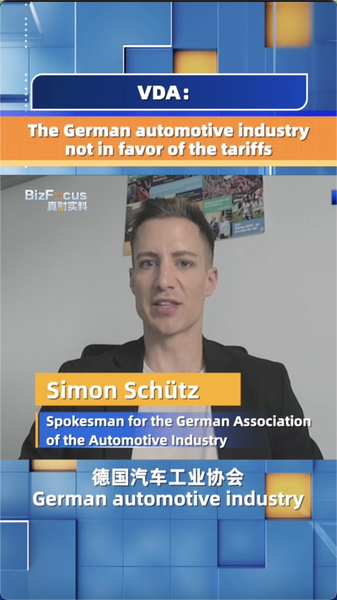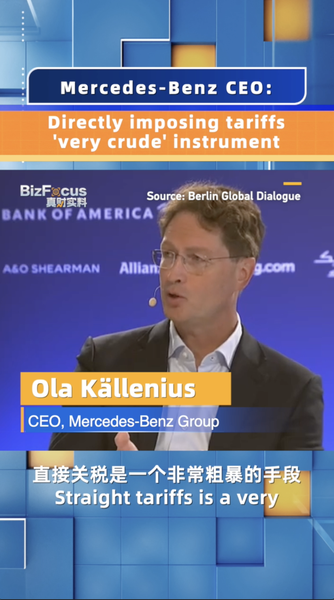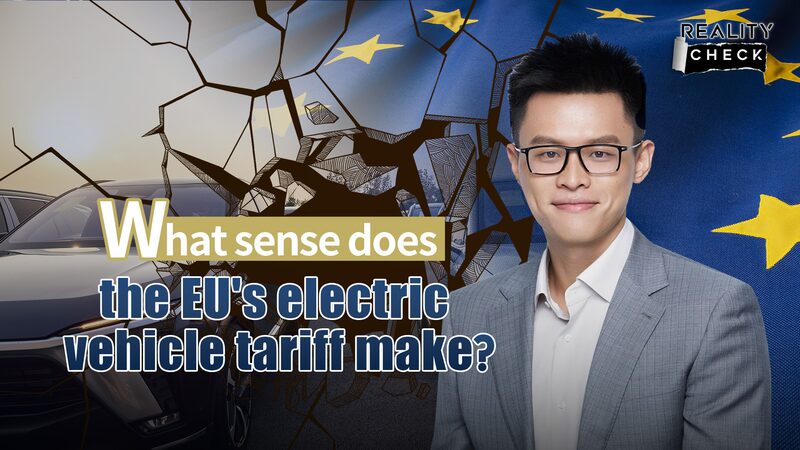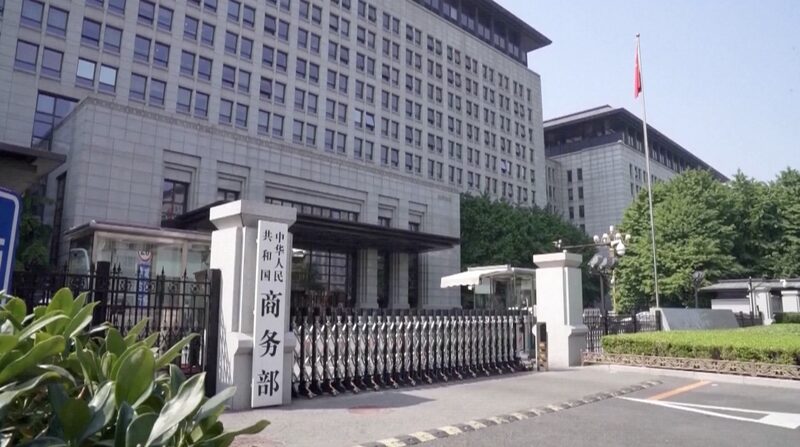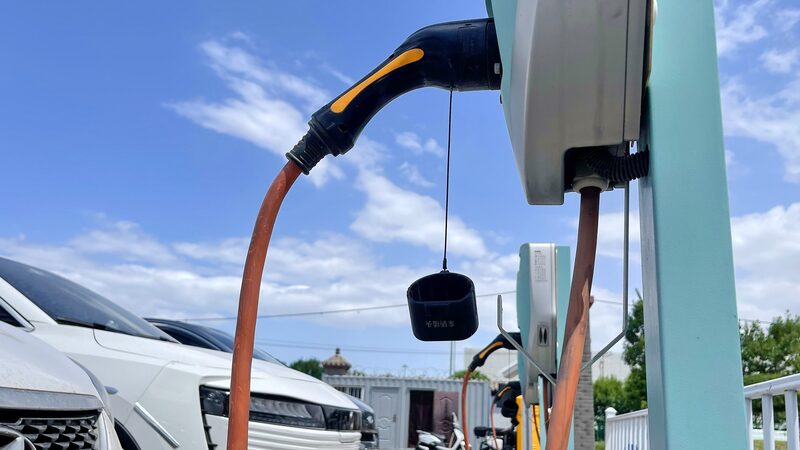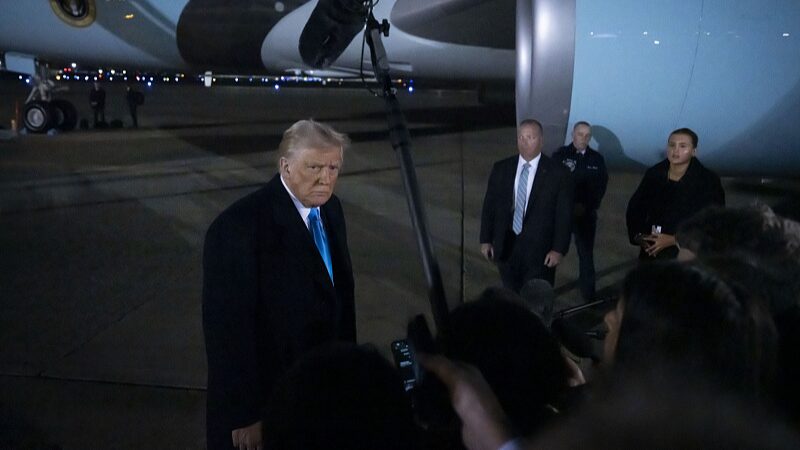By KhabarAsia Staff
The European Union’s recent decision to impose definitive tariffs of up to 45 percent on Chinese electric vehicle (EV) imports has sparked significant outcry from both Chinese and European stakeholders. The move, decided in a vote on Friday, has raised serious concerns about its potential impact on the competitiveness of the European automotive industry and the global EV supply chain.
Chinese officials have expressed firm opposition to the EU’s actions. A spokesperson from China’s Ministry of Commerce stated on Friday, “China firmly opposes the unfair, illegal, and unreasonable protectionist practices of the EU, and resolutely opposes the EU additional countervailing duty on Chinese electric vehicles.” The spokesperson warned that the EU’s decision would not resolve existing issues but would instead undermine Chinese enterprises’ confidence and willingness to engage in cooperation and investment within Europe.
Echoing these sentiments, the China Council for the Promotion of International Trade issued a response on Saturday, emphasizing its support for a negotiated resolution. The council expressed hope that China and the EU could address their differences through dialogue and consultation to reach a solution that serves the common interests of both parties and fosters the healthy and stable development of bilateral economic and trade relations.
The China Chamber of Commerce to the EU also weighed in, describing the EU’s anti-subsidy investigation into Chinese EVs as a “politically motivated and unjustified protectionist measure” in a statement released on Friday. The organization cautioned that such actions ultimately undermine the competitiveness of the European market and adversely affect the vitality of the global electric vehicle supply chain.
European industry experts have also voiced concerns that the tariffs could backfire, potentially harming the EU’s own automotive sector by disrupting supply chains and increasing costs for consumers. There are calls on both sides for constructive engagement to prevent a trade dispute that could impede progress in the rapidly evolving EV industry.
The escalating tensions highlight the intricate balance between protecting domestic industries and promoting free trade, especially in sectors crucial for global efforts to combat climate change. As both China and the EU are key players in the global push towards electrification and sustainable transportation, the outcome of this dispute will be closely watched by international stakeholders, including businesses, investors, and policymakers.
Markets and analysts are now waiting to see how negotiations unfold and whether a compromise can be reached to avoid further escalation. The situation underscores the importance of collaboration in addressing global challenges and the need for mutual understanding in international trade relations.
Reference(s):
EU decision to press ahead with tariffs on Chinese EVs sparks outcry
cgtn.com
